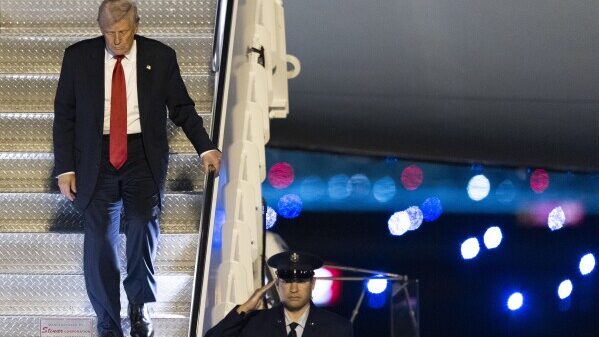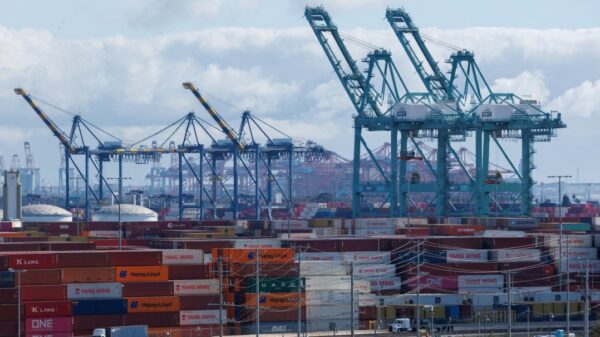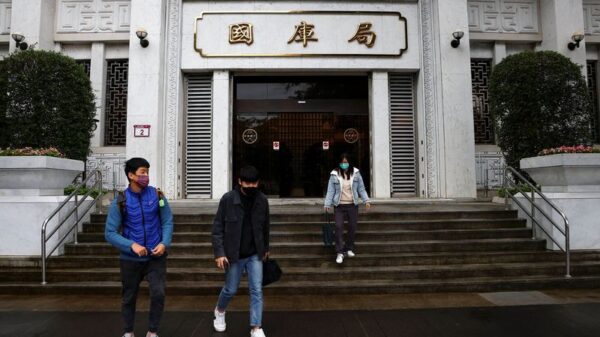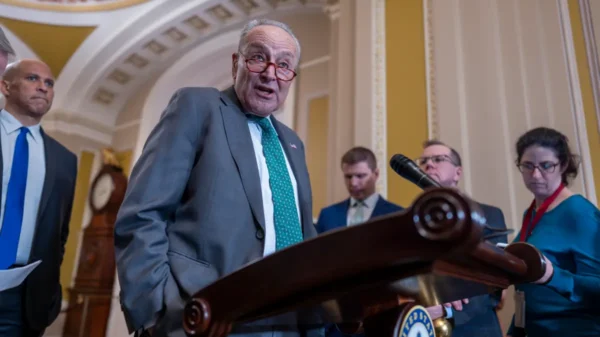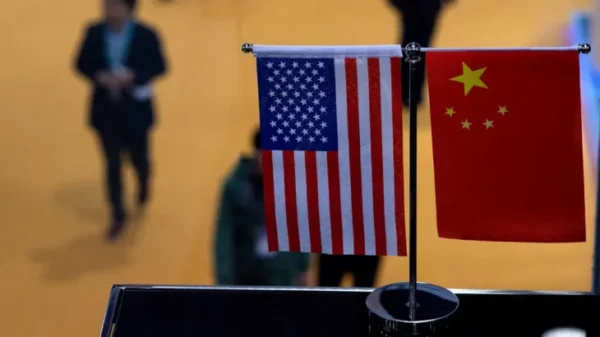China Imposes Retaliatory Tariffs on U.S. Goods
In a dramatic escalation of trade tensions, China has announced a 34% tariff on all imports from the United States, effective April 10, 2025. This move follows the U.S. government’s imposition of new tariffs on Chinese goods and signals a deepening rift between the world’s two largest economies.
China Responds Swiftly to U.S. Tariffs
Beijing’s decision comes just days after President Donald Trump introduced sweeping new tariffs on Chinese exports. China’s Ministry of Commerce confirmed the retaliatory measure in a press briefing, citing protection of national economic interests as the primary motivation.
Scope of the Tariffs
The 34% tariff will apply broadly to all categories of U.S. imports, including agricultural products, automobiles, electronics, and consumer goods. This sweeping approach marks one of China’s most aggressive trade responses in recent years.
Impact on Global Trade
Economists warn that the tit-for-tat tariffs between the U.S. and China could have serious repercussions for global trade flows. Supply chains already strained by pandemic disruptions and geopolitical tensions may face further complications and price volatility.
U.S. Farmers and Manufacturers at Risk
American agricultural exporters and manufacturers are expected to bear the brunt of the new tariffs. U.S. soybean, corn, and beef industries—already sensitive to market fluctuations—face the prospect of losing a major export destination.
Market Reaction and Investor Sentiment
News of the tariffs sent shockwaves through global financial markets. The Dow Jones Industrial Average dropped over 600 points in early trading, while the S&P 500 and Nasdaq also experienced significant losses. Asian markets followed suit with sharp declines.
White House Response and Future Strategy
In a brief statement, the White House said it “regrets” China’s decision and accused Beijing of acting in bad faith. National Security Advisor Mike Waltz suggested the administration may respond with further tariffs or restrictions on Chinese technology firms.
Chinese Officials Call for Negotiation
Despite the aggressive measure, Chinese officials expressed hope that both countries could return to the negotiating table. “We do not want a trade war, but we will defend our economic sovereignty,” said Vice Premier Liu He during a televised interview.
Global Partners Urge De-escalation
The European Union and several Asia-Pacific nations have called for restraint, fearing that a prolonged trade war could derail global economic recovery. Several global institutions, including the WTO, have offered to mediate talks.
Impact on Consumer Prices
Economists predict that American consumers could face rising prices on goods due to increased import costs and disrupted supply chains. Chinese consumers may also experience shortages or increased prices on American luxury goods and food products.
Tech Sector Faces Strategic Blowback
The tech industry is expected to be hit hard, with U.S. semiconductor companies, cloud service providers, and device manufacturers facing new challenges. China’s push for technological self-sufficiency may accelerate as a result.
Historical Context of Trade Tensions
This episode marks a renewed flare-up in long-standing trade tensions that began under the Trump administration in 2018. While a partial trade deal was signed in 2020, many of the underlying issues—such as intellectual property and state subsidies—remain unresolved.
Business Leaders Voice Concerns
Executives from major U.S. companies, including Apple, Boeing, and Caterpillar, have voiced concerns about the growing unpredictability of U.S.-China trade relations. Some are considering diversifying their supply chains to other Asian countries.
Domestic Political Fallout in Both Countries
The trade conflict is also playing into domestic politics. In the U.S., critics argue that the administration’s policies are hurting American workers. In China, state media has rallied nationalist sentiment, framing the tariffs as a necessary defense against foreign pressure.
Conclusion: A Turning Point in Economic Diplomacy
With both superpowers digging in their heels, the imposition of retaliatory tariffs could mark a turning point in U.S.-China economic diplomacy. Whether this leads to prolonged conflict or renewed talks remains uncertain, but the stakes for the global economy are higher than ever.





